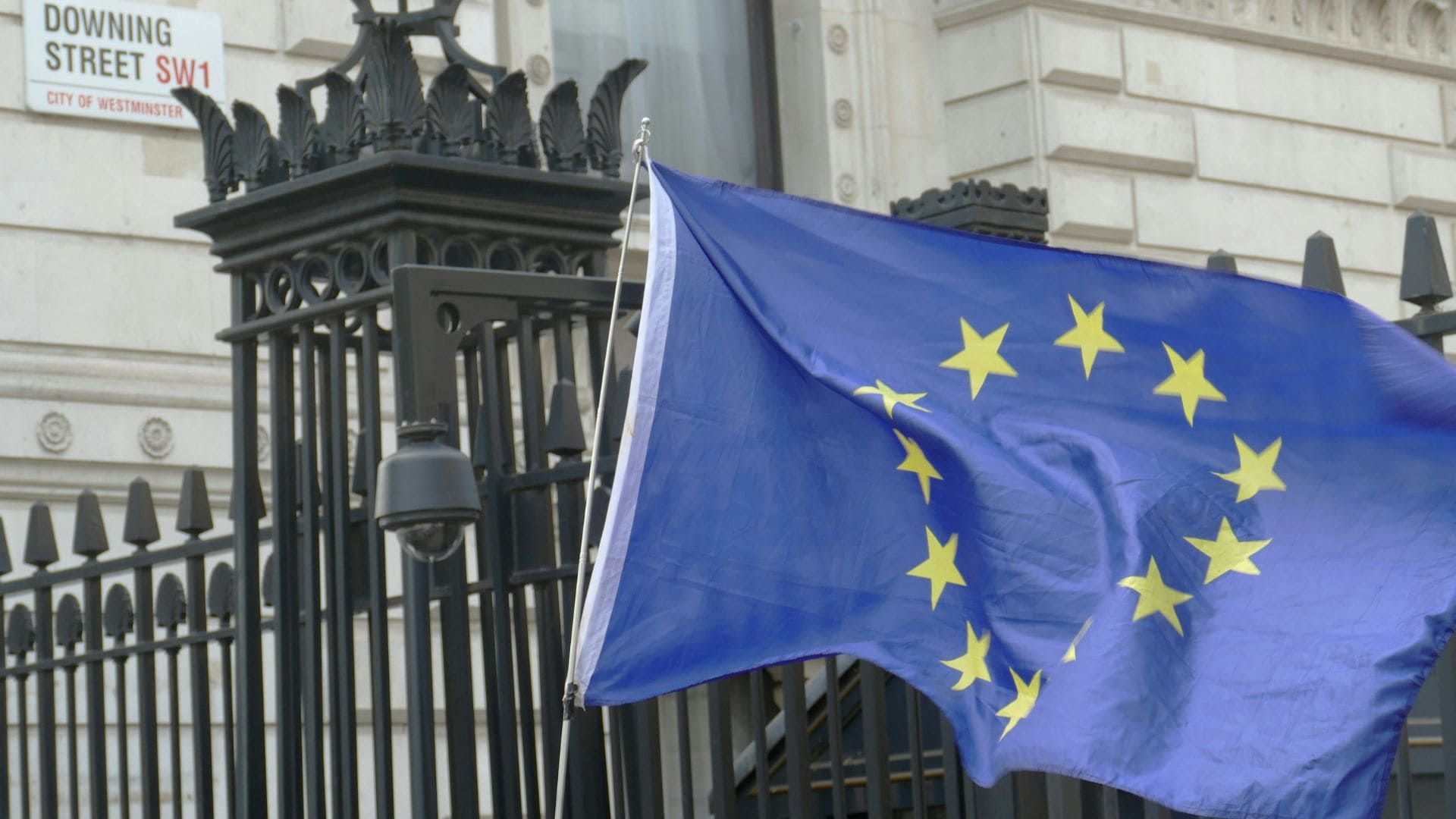Articles
Do I really need a contract?
July 2019
From a lawyer’s perspective, in an ideal world, all business relationships would have a clearly written and concise contract in place setting out what the parties have agreed to do, what they are getting paid and how any risks associated with the contract will be managed.
In reality, however, time and resource can get in the way and many business relationships are carried out under contract terms which are unclear or not appropriate for the work and in some cases based only on a discussion or handshake or even nothing at all. Quite often, the risks of carrying out work with deficient contracts does not materialise as the work is done, the payments are made and everybody stays happy. However, when issues do arise, not having an appropriate document in place can make things a whole lot worse and, if the parties end up litigating, a lot more expensive. Parties can end up spending more time and money on what they had agreed or intended to agree in the first place before even considering the specific issue in dispute.
What is a contract?
For a valid contract to exist, there needs to be:
(i) an offer;
(ii) acceptance of that offer;
(iii) consideration (payment or a reciprocal promise); and
(iv) an intention to create legal relations with certainty of terms.
While the easiest way to ensure a contract has been successfully formed is to have a signed agreement or terms in place (a properly executed Deed is a requirement for certain transactions), correspondence (including email) can be used to construct the terms of an agreement and certain terms will be implied by law. Where there is no chain of correspondence to establish terms, the common law rule of quantum meruit can be used. This means that a court would look at what work was carried out and what would be a reasonable payment for that work.
Moorgate Capital v HIG European Capital
Both the question of contract formation and the quantum meruit rule were considered in the recent case of Moorgate Capital v HIG European Capital. In this case, Moorgate (a corporate finance advisor) sought a £1million success fee from HIG (a private equity firm) for the services and ‘introduction’ it provided in connection with a corporate acquisition by HIG. Moorgate claimed the terms of the instruction had been discussed and agreed with HIG at a London drinks reception, however, the existence of an oral contract (including whether the parties intended to create legal relations at all) was swiftly dismissed by the judge. The judge then went on to focus on whether Moorgate had the right to claim for payment for the services carried out under the rule of quantum meruit. The judge also dismissed this claim and deemed no payment was due.
Merely Risk-Taking?
The court’s view was that Moorgate had carried out the work, with no written agreement in place, with a hope that they might get paid or receive some other form of benefit having carried out the work, and as such was ‘in the circumstances of this case, merely a risk-taker’. In dismissing this claim the court also significantly wrote down the amount Moorgate would have been entitled to even if an oral contract had been formed, stating a figure of £25,600 rather than the £1million claimed.
Whether or not your business enters in to relationships as a ‘risk taker’ or not, this case has a strong lesson for those who conduct business without anything written down or on insufficient terms. If you have a properly executed agreement or set of terms, then it is significantly more difficult to argue that no contract is in place or that no payment is due. Getting both parties to clearly set out their expectations within a written document is also the most effective way of avoiding future disputes. While it may not come across as a priority, when entering in to a relationship, getting appropriate terms agreed will ensure you either get paid or get what you expect to pay for as well as having certainty of the terms on which you are doing business. Having these in place will make managing disputes significantly easier as well as less costly.
If the contract is signed, put in a drawer, and never seen again – this is still better than having nothing to get out of the drawer if things don’t go to plan.
This update was prepared by HGF Legal Director Michelle Davies and Senior IP Solicitor James Talbot.































